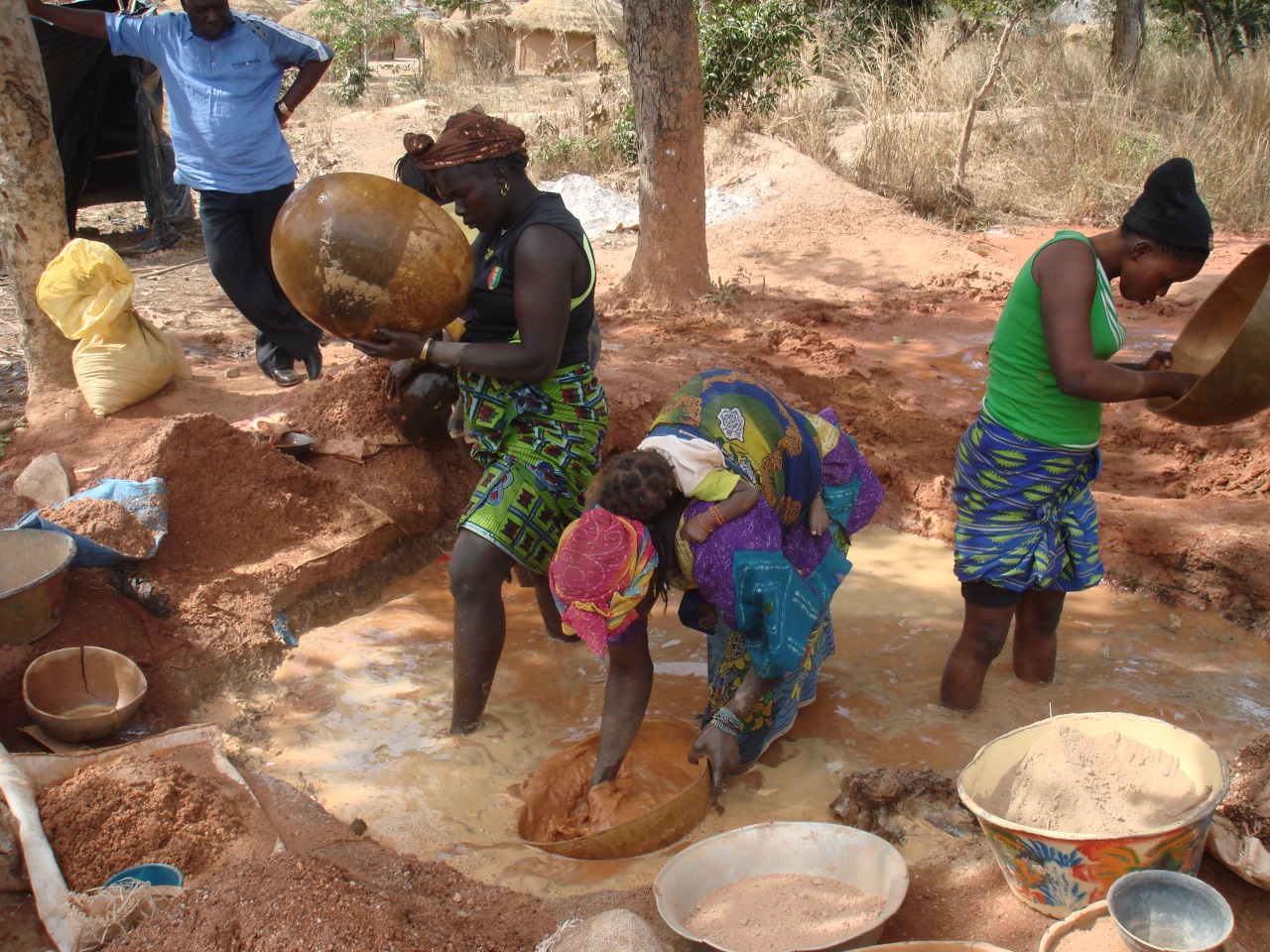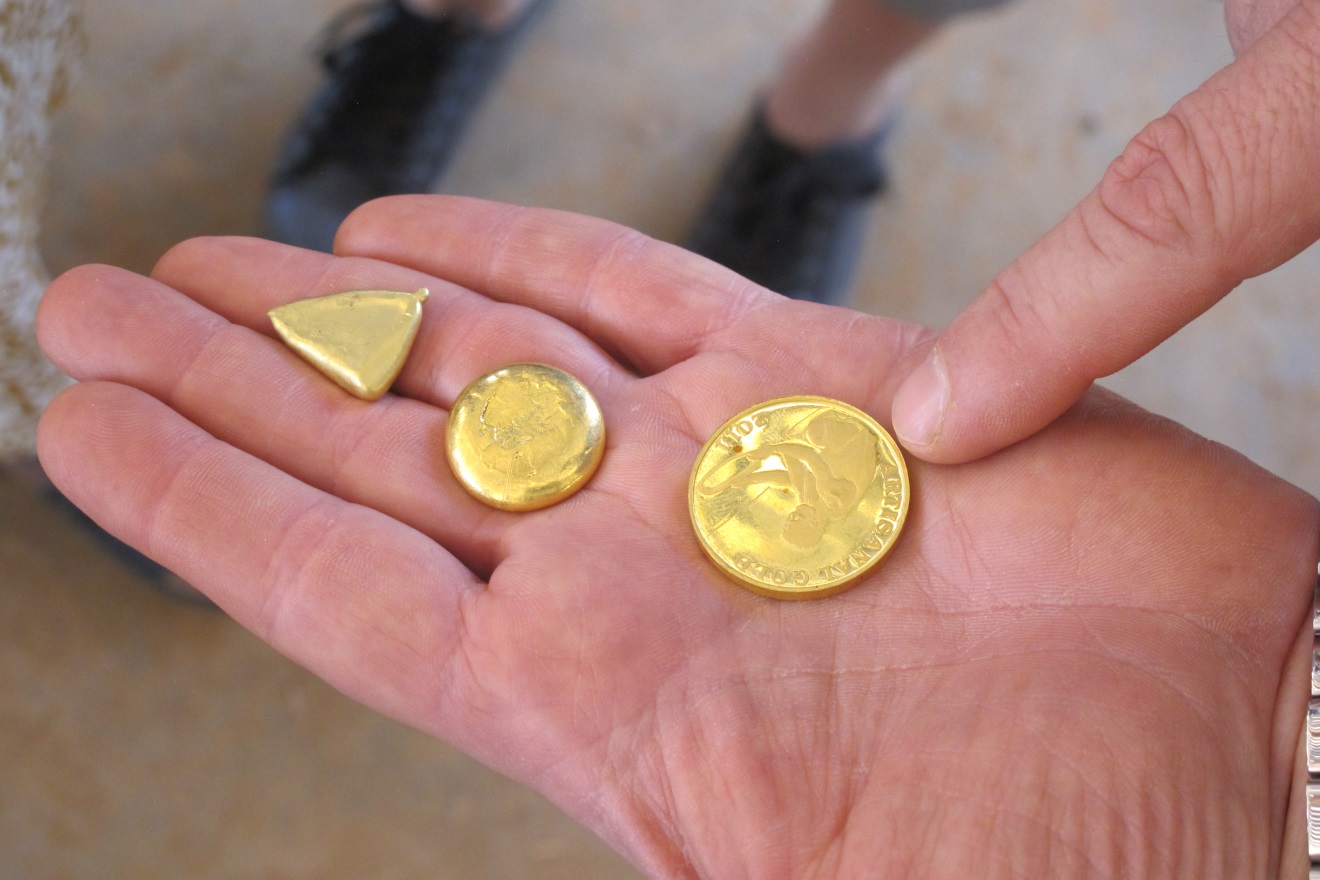UNIDO develops new programmatic approaches focusing on its core technical cooperation strength in order to help Member States meet the obligations imposed by a growing number of new environmental compliance regimes.
Several agreements, conventions and protocols are currently being discussed by the international community to take advantage of increased knowledge and new pollutant control technologies. New and emerging international environmental compliance regimes are being discussed or are about to enter into force targeting such chemicals and compounds as mercury, hydrofluorocarbons (HFCs), nitrous oxide emissions in agriculture, and methyl bromide. UNIDO's Emerging Compliance Regimes Division thereby helps developing countries to effectively design national interventions to reduce risk and facilitate sound chemical management. This further leads to reducing pollution releases to the atmosphere, water and soils.
In addition, the Division assists developing countries in transferring and adopting available environmentally-friendly technologies to fully comply with emerging environmental compliance regimes. This is achieved among other activities through cooperation on technical issues related to guidelines for industries, specific assessments, risk management and dissemination of best practices.
In summary, the Division implements learning or innovative activities, both in terms of development impact as well as funding approach. This could also be applied in yet uncovered sectors of industry, or emerging sectors where more innovative approaches are needed.
The Minamata Convention
The text for the Minamata Convention was agreed upon in January, 2013 and the Convention was opened for signature in October 2013 during the Plenipotentiary Conference in Japan. UNIDO has been involved in the UNEP-led intergovernmental negotiations to develop this new multilateral environmental agreement on mercury.
The objective of the Minamata Convention – which is currently pending entry into force - is to protect human health and the environment from anthropogenic emissions and releases of mercury and mercury compounds. The Convention will do so by, inter alia, banning new mercury mines and phasing out existing ones, as well as banning the production, export, and import of a range of mercury-containing products by 2020.
The Convention also includes the phase-out or reduction of manufacturing processes using mercury or mercury compounds and control measures on releases to land, air or water. Specific chapters are dedicated to mercury wastes and contaminated sites as well as the establishment of national action plans for the artisanal and small scale gold mining (ASGM) sector. Moreover, each stakehoder group involved in ASGM operations has the general obligation to take steps to reduce, and where feasible eliminate, the use of mercury and mercury compounds in mining, as well as the emissions to the environment of mercury from such activities.
More information on the Convention and its negotiations can be found here
In this context, the Division is assisting developing countries in complying with the Minamata Convention by launching assessments of the consumption and releases of mercury in the country, and of the national capacity to implement a strategy to reach compliance. The Division is also supporting the preparation of national action plans for the ASGM sector. Furthermore, it has the technical capacity to provide assistance in specific sectors, such as mercury waste management, vinyl chloride monomer production, mercury contaminated sites, monitoring of mercury in water and fish and the conversion of chlor alkali plants.
More information on the UNIDO Mercury Programme can be found here
Other emerging compliances regimes:
Methyl bromide is one of the Ozone-depleting substances included in the Montreal Protocol. The compound is mainly used for fumigation in soil, storage, structures and pre-shipment, and quarantine purposes. While addressing most methyl bromide uses, the Montreal Protocol does not cover its use for Quarantine and pre-shipment (QPS) treatments. Methyl bromide fumigation is often a preferred treatment for certain types of perishable and durable commodities in trade worldwide.
Nitrous Oxide (N2O)
N2O is a greenhouse gas with a global warming potential nearly 300 times higher than that of carbon dioxide, and almost 13 times higher than that of methane. It is by now also the most significant ozone-depleting chemical emitted to the atmosphere.
N2O mainly stems from agriculture, industry, biomass burning and indirect emissions from reactive nitrogen (Nr) leaching, runoff and atmospheric deposition. Of these, emissions from agricultural soils dominate. It is expected that as long as the world population increases and, consequently, the need for food production, both agricultural land area and N2O emissions are likely to continue to rise. The situation worsens if such projections also take account of potential increases in the demand for bioenergy.
UNIDO helps address the issue brought by N2O emission, particularly in areas in conjunction with agro-industrial production, which is currently included in the Kyoto Protocol but not actively addressed through activities.
It is expected that given the importance and relevance of the subject, the international community will, in the near future, establish control measures to mitigate not only N2O emissions but also the nitrogen cycle, which is affecting soils and water resources.
In this context, the Division is establishing a programme to devise best methodologies to estimate agricultural N2O sources, and to plan activities and possible interventions to overcome the challenges of projecting and mitigating emissions in the coming decades.

